|
A satirical look at the cold, rigidity intrinsic to bureaucracy told through a formal style that is as much indebted to Charlie Chaplin and Harold Lloyd as it is to The Trial. A series of escalating circumstances and misunderstandings in which the disjointed mechanisms of an expansive bureaucratic system send a man on a comedic and absurdist escapade which begins with a simple mistake that ultimately spirals further and further out of control. This is a lot of fun and while it is culturally and historically specific, what it projects is certainly universal. The escalating circumstances, the toll they place on the psyche of the main protagonist both physically and mentally leads to the denouement in which he lashes out in frustration - his actions a rebellion against a system that creates more harm than good for the people. Chock full of filmic references to a vast array of cinematic masters that Tomás Gutiérrez Alea outright acknowledges and thanks in the film's opening title card, Death of a Bureaucrat quite the political satire and deserves a bigger audience.
0 Comments
An erotic thriller that completely understands and utilizes melodrama to its advantage. The recurring Snow globe motif is great; how the character dynamics of this couple and their deceptions inverts halfway through the narrative is just wonderful. Deception leads to pain, honesty leads to salvation. This movie fucks (literally and figuratively). Probably one of the best erotic thrillers out there in the way it manages to exhibit the social dichotomy between domestic life milieu and carnal desire, suggesting subtextually how pure pleasure and monogamy are counter intuitive forces. Acknowledges social norms and expectations while still hitting all the right beats, delivering a steamy, enjoyable erotic thriller that is more intuitive about passion, pleasure, companionship, and love than most films of its ilk.
Contemporary Georgian cinema is having a moment and Wet Sand is the latest reaffirmation of this. More accessible than much of the contemporary Georgian films I've seen, Wet Sand deploys a classical narrative structure far more attuned to Western sensibilities and expectations. It's a film with impressive formal precision and sweltering understated emotions that unfurls to reveal a pointed critique of the insular ethos of rural communities in which they reject anything that threatens their social orthodoxy. Whether sexual orientation or gender imbalance, Wet Sand navigates this terrain in a way that is never contrived but explicitly stated, detailing the draconian social suppression embedded into day-to-day life. The characterizations are wonderfully rendered, things ultimately aren't presented as black-and-white, and the performances and nuances of each of these characters' internal struggle is an aspect of this film that really stood out, as multiple characters carry real weight, each struggling in their own way. A deeply affecting story very much attuned to the small infractions and expectations that smolder individual free will in a small community, Wet Sand ultimately posits the actions of these characters as an act of rebellion, as they attach their decisions to their hearts while removing themselves from the social strictures of their social environment. Social repression is finite but love and affection are eternal, and in Wet Sand's denouement it exhibits how such rebellious empathetic acts ultimately influence and can slowly inflict change.
A personal elegy that interweaves archival home video footage with contemporary imagery of Belgrade to deliver a quietly stirring portrait of the vestiges of conflict and the long-lasting reverberations and afflictions it continues to place on the present, both materially and metaphysically in the consciousness of those who experienced it. Imbued with a rich pathos, Rampart's imagery is rooted in the personal, and yet the way it evokes the aesthetics of stasis and powerlessness is universal - the diasporic reality for so many in times of conflict and the lasting psychological implications are well rendered and felt. While focused on the Nato Bombing of Yugoslavia, Rampart is, unfortunately, a salient excavation of collective trauma and a reminder of the countless many caught in political conflict who simply are just trying to live their lives with their loved ones.
The Scared Spirit is quite the experience - a bone dry comedy that lulls you to sleep with its visual assemblage of alien iconography and exquisite production design/mise-ens-scene only to transform into one of the more startling pitch black comedies I've seen in some time with its denouement. Chema García Ibarra's authorship is impressive, rhythmic in the way it enshrouds this film with a subtle social satire and the aforementioned use of alien iconography that is pervasively rendered throughout this singular experience. The denouement is absolutely fantastic, which I obviously won't spoil here, but I think what also stands out about The Sacred Spirit is how it navigates our propensity as humans to construct belief systems based on fantastical designs or supernatural meaning in an effort to ease the burden of our collective anxiety in a world in which we struggle to find a sense of internal solace. This film's subtlety at expressing its more intellectual/existential inquiries never distracts from its narrative thrust, which ultimately finds The Sacred Spirit delivering one of the better denouements I've seen in some time, particularly for a black comedy.
"In death, all of life is vanity" Qiu Jiongjiong's A New Old Play is a stunning achievement - a sprawling work of histography purveyed through familial legacy and the interconnectivity between the past and present, as well as between the material and metaphysical worlds. The craft on display is downright staggering, deploying a heavy artifice that synthesizes filmic movement within a theatre compositional framework. The history of 20th-century China told through a personal, familial social arrangement, A New Old play doesn't really focus on politics per se but the transformative effect it places on the social fabric. It is a film far more focused on the social and personal, the bodies that must reconfigure and reprioritize in the face of grand-scale change in which their autonomy is often inconsequential to the perceived greater good. More playful than I was expecting, A New Old Play is lively, magically rendered, and emotionally poignant, presenting a humanistic portrait of struggle and salvation, integrating the spiritual realm and the material to deliver a touching ode to the struggle that is living and artistic creation that really is quite the cinematic achievement.
The commodification of experience is told through such a distinct, observational formalism in which ambiance and slight gestures, movements, and brief glances effectively elucidate the spontaneous but subtle nature of connection detached from commercial mystification. A deeply universal experience expressed with impeccable naturalism, First Time is a visual tableau of movement contained within a static frame, one ripe with detail that rewards the observational and adventurous viewer. The artifice is pronounced in more technical respects but what it bestows captures such wonderments of living in its depiction of body language and unsaid urges and feelings left unexpressed that it manages to be emotional striking despite such a simple conceptual framework. Also, a pretty good vibe movie with wonderful use of non-diegetic musical arrangements and what I perceived to be diegetic sound.
It will always remain striking to me to see industrial films out of India deploying big-budget spectacle and visceral action sequences unbound by general principles of physics to sell such politically rich texts of communal uprising against economic and moral injustice. Asuran is a brutal, uncompromising vision of social imbalance that pulsates with polemical expressivity in the levels of destructiveness and pain it exhibits. Asuran delivers a straightforward critique of the social-political order - Legality is sculpted by the powerful, and the rules of the game are malleable to those with wealth, doing so through sweeping melodrama and stylish action that doesn't shy away from the barbarism of such violence. Asuran details the pervasive tentacles wealth has across all aspects of society, manifesting ubiquitous corruption, moral degradation, and inevitable violence. Structurally speaking, Asuran is interesting in that it has a flashback sequence that encompasses what feels about 40% of the film, which comes about halfway through. While this may sound strange. it works extremely well narratively and thematically, codifying the generational struggle passed down from father to son with the perpetual moral struggle that comes from within. Pacifistic approaches vs violent acts of rebellion - For Asuran, violence is inevitable when the other side views the lower economical classes as nothing more than an obstacle, violence is a necessity for survival
How Great Freedom expresses slight moments of empathy and a sense of humanism amongst the prison milieu is beautifully rendered throughout this impressive film. The smallest acts or gestures of kindness offer a reprieve from the hopelessness but also serve as revelatory moments that encapsulate the human spirit's penchant for good when detached from societal conditioning often based on a give-and-take type understanding of the social order. Dramatic implications are largely understated but still rapturously felt throughout Great Freedom, a film that at its best reaches for something more existential in its examinations of connection, detailing through this powerful story how our ability to confide in each other and freely accept our commonalities as beings is a mighty force against the darkness, pain, and despair that is so commonplace in the world. Through the central relationship of this story, Great Freedom manages to detach corporeal desire from what it means to love, in effect expanding its reach beyond a story of heteronormative societal expectations and suppression, reaching towards something detached from all identifiers or descriptors and towards simply the primal need we all have as social creatures. Featuring an elliptical narrative structure that temporally oscillates between various time periods, Great Freedom manages to be expansive yet intimate, never obscuring the film's dramatic resolve while effectively expressing the cold, hard reality of stasis and the perpetual state of despair and carceral violence placed on these men. The abhorrent legality in which homosexuals were outlawed and imprisoned is platformed and examined but Great Freedom in some respects manages to transcend this specific struggle reaching towards something even more universal, detailing in its denouement how meaningful relationships whether platonic or intimate are built on the mutual understanding that provides us with a sense of comfort and individual resolve from the great unknown.
Eschews political commentary, uninterested in proclamation or even ruminations on the the coercive nature of transnational capitalism or economic imperialism, and it's a little odd, frankly, how ambiguous The Protege chooses to be in that regard given its story and setting, but you know what? that's fine LOL. The Protege is sturdy piece of filmmaking concocted very much in the mold of 90s era action/thrillers that draws from John Wick-ploitation as it pertains to its action choreography. It simply becomes too complex narratively for its own good, as I wish this was more a stripped-down, lean narrative with real thrust but Maggie Q and Michael Keaton are a lot of fun to watch and I, for one, appreciated the playfulness despite the film's struggle with tonal balance.
|
AuthorLove of all things cinema brought me here. Archives
June 2023
|
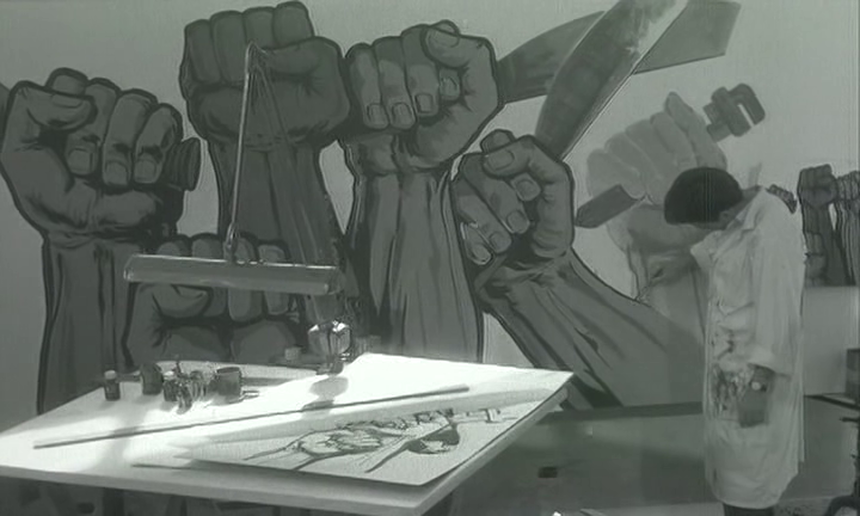
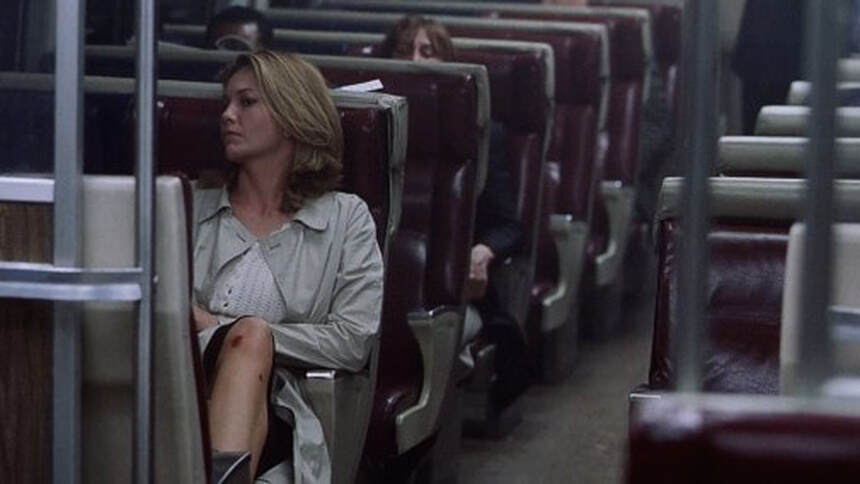
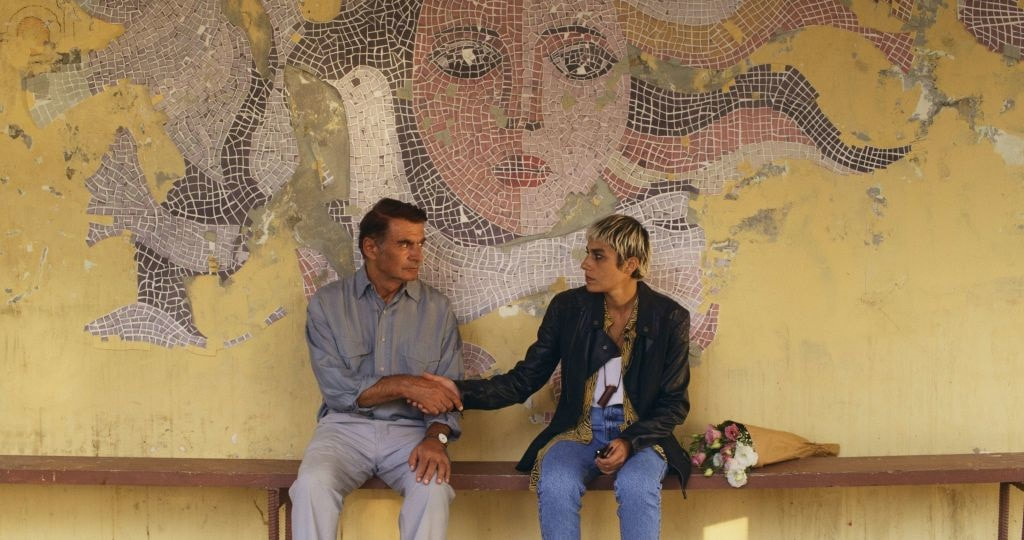

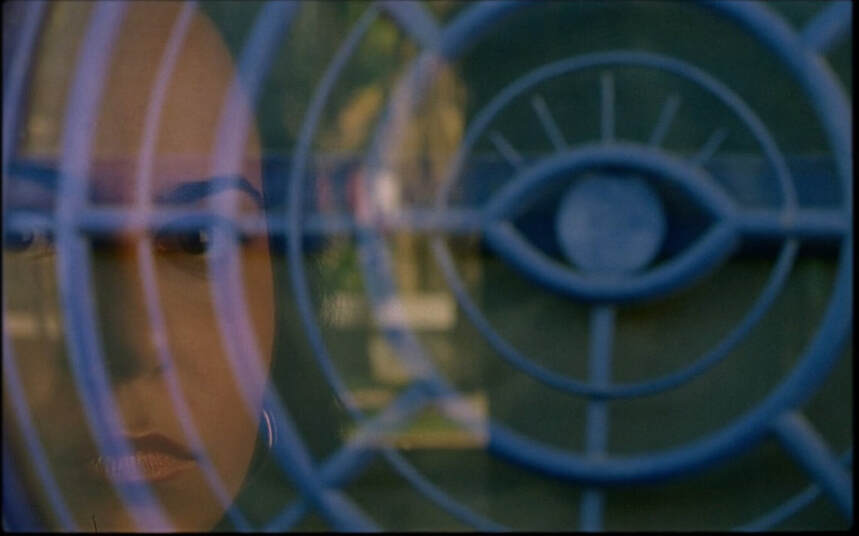
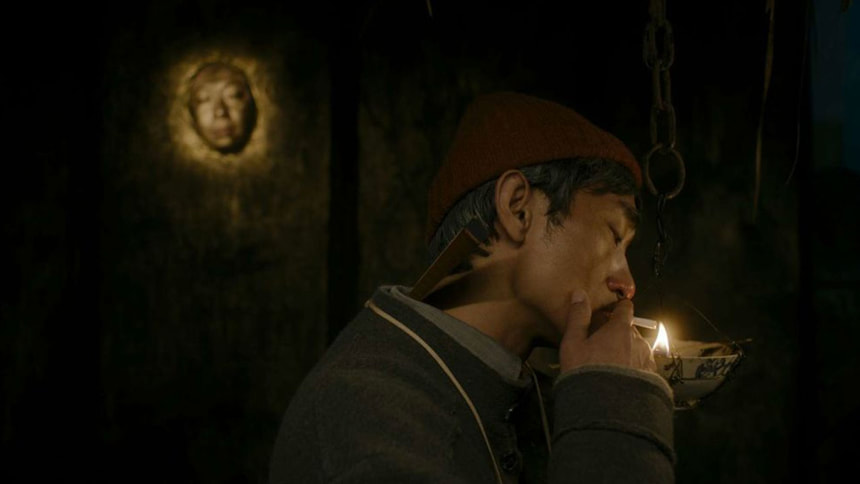
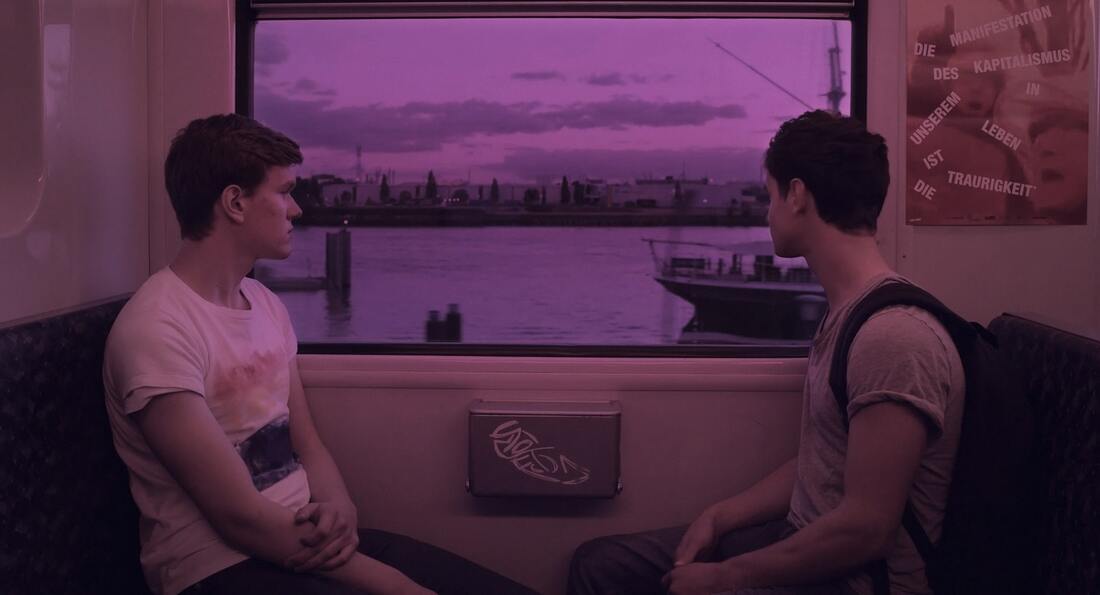
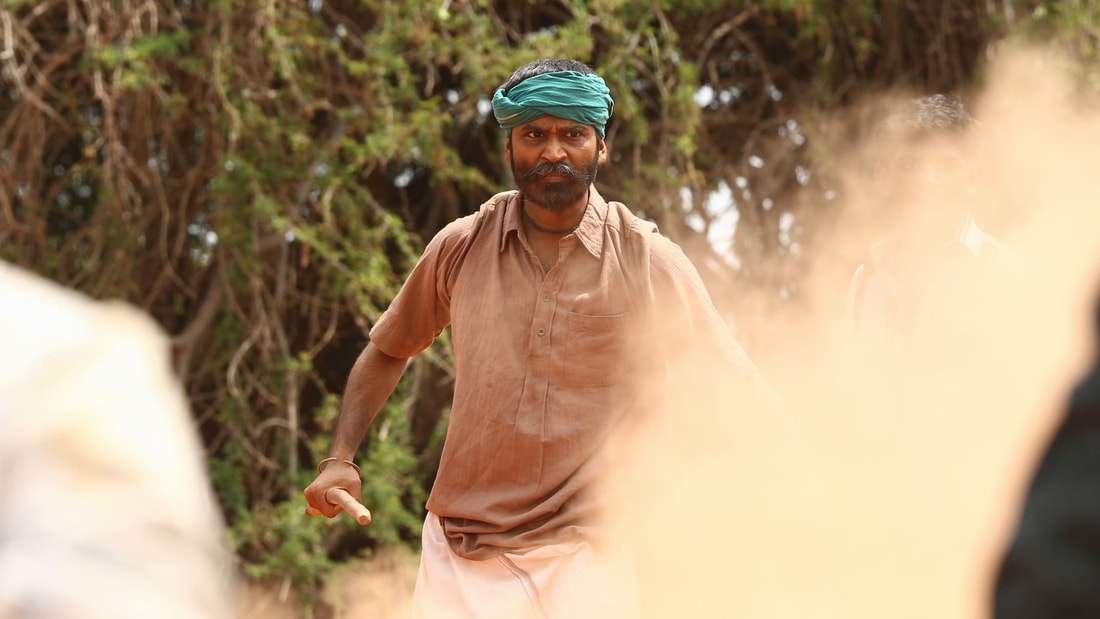

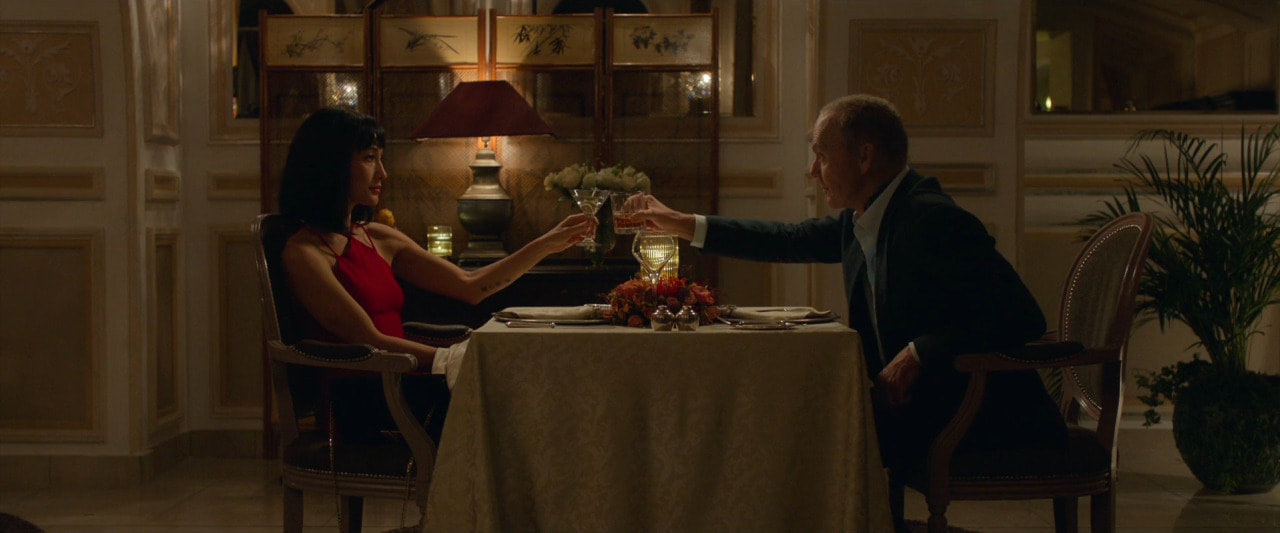
 RSS Feed
RSS Feed
